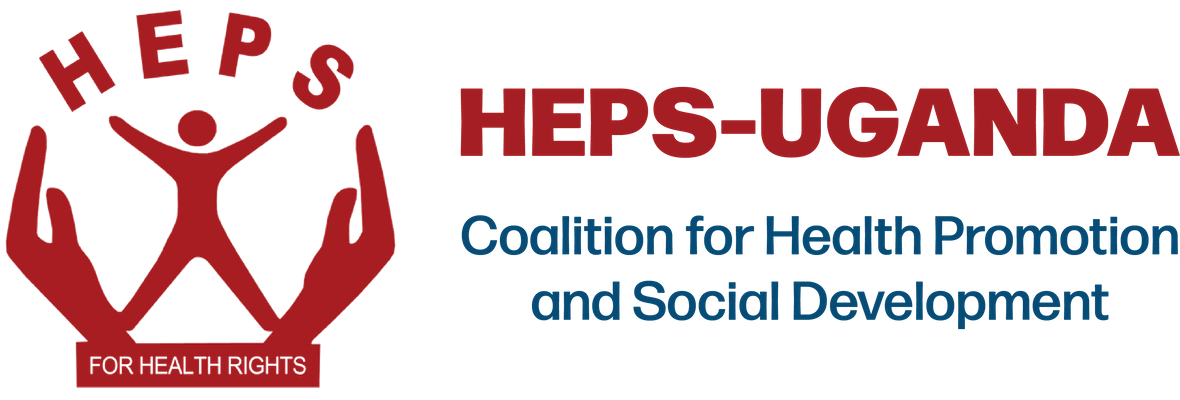On October 10th, Uganda joins the world to observe World Mental Health Day under the theme, “Access to Services: Mental Health in Catastrophes and Emergencies”. The theme underscores the urgent need to strengthen mental health support systems and ensure access to vital psychosocial services for vulnerable groups, including refugees, migrants, and communities impacted by crises.
Recent studies indicate a high prevalence of mental illness in Uganda, with the proportion of affected individuals increasing. In 2022, a systematic review found that 24.2% of Ugandan adults and 22.9% of children suffered from a mental illness. Post-COVID-19, some reports indicate that this rate increased to 32% among adults. A 2022 Lancet Psychiatry report showed approximately one-third of the population, or 14 million people, were affected by mental illness, primarily depression and anxiety.
A majority of the population in Uganda is affected by situations that cause distress and trauma, such as natural disasters, ongoing conflict, displacement, and rising social and economic pressures. Depression and anxiety affect nearly one in four Ugandans. For adolescents, anxiety was reported at a 44% prevalence rate in a 2024 study.
Post-Traumatic Stress Disorder (PTSD) is exceptionally common among refugee populations and those affected by civil conflict and political violence. In northern Uganda, a region where the experiences of war, poverty, and trauma converge, have led to some of the world’s highest rates of mental illness, including PTSD. The region hosts a large number of refugees and internally displaced people due to regional conflicts and instability. These individuals are particularly vulnerable to mental health conditions resulting from trauma, loss, and displacement.
The most significant barrier to seeking treatment is stigma. Deep-seated social stigma and cultural taboos surrounding mental health prevent many people from seeking the necessary help.
Mental illness is often misunderstood and attributed to supernatural forces like witchcraft or evil spirits, leading to discrimination, isolation, and mistreatment. This forces many to suffer in silence or seek help from traditional healers instead of medical professionals.
The situation is worsened by chronic underfunding of mental health services, a severe shortage of mental health professionals (about one psychiatrist per million people), cultural stigma that discourages help-seeking, and inadequate resources within the primary healthcare system. Less than 1% of Uganda’s health budget is allocated to mental health, far below the 5% recommended by the World Health Organization (WHO). This limited budget mainly funds major psychiatric facilities, leaving rural and community-based services critically under-resourced.
Uganda has a severe shortage of mental health professionals, with only about 85 psychiatrists in the entire country (one psychiatrist per million people) and very few government-employed clinical psychologists.
Uganda has a Mental Health Act (2018), whose implementation and enforcement remain slow due to a lack of political commitment and funding. The Ministry of Health has a policy to integrate mental health services into primary healthcare to improve access, but implementation is hindered by resource constraints. It is the role of the Ministry of Health to increase mental health awareness, especially among key decision makers who allocate budget funding.
Improved funding for the mental health budget should cover community-based care and services, especially in rural areas. The theme emphasizes building community and social support systems to foster resilience in crisis-affected areas. Training community health workers (CHWs), Village Health Teams (VHTs), local leaders, and other non-specialist personnel in basic mental healthcare and psychosocial support techniques will strengthen community resilience. Focus should be on interventions that integrate economic empowerment with social and emotional support to address the cycle of poverty and mental ill-health.
By supporting practical, evidence-based, and community-led approaches, we can respond to urgent mental health needs, promote lasting recovery, and help individuals and communities in Uganda rebuild their lives and flourish. This year’s theme calls for multisectoral coordination mechanisms, involving governments, health and social care providers, and community groups, but the Ministry of Health needs to take the lead. This leadership will coordinate and enhance the participation of parliamentary forums, national institutes, and civil society in creating awareness and advocating for increased mental health services.
Read more HEPS-Uganda@25’s opinions on our blog, on our website: www.heps.or.ug
Event tracker:
|
Event |
Organizer |
Dates, Venue |
|---|---|---|
|
National Safe Motherhood Conference |
Ministry of Health |
22-24 October 2025 |
|
1st National Annual Communicable and Non-Communicable Diseases (NACNDC) and 19th Joint Annual Scientific Health Conference (JASHC) 2025. |
Ministry of Health |
3-7 November 2025 |
|
2nd AI in Health Africa Conference |
Makerere University |
6-7 November 2025 |
|
International Conference on Gynecology, Obstetrics & Infertility (ICGOI) |
Research Fora |
14 November 2025 |
|
HEPS-Uganda Silver Jubilee Celebration |
HEPS-Uganda |
20 November 2025 |
Let our partners know what is cooking in your kitchen. Email us: info@heps.or.ug, rhasunira@heps.or.ug, or WhatsApp +256 (0) 783 816 819





